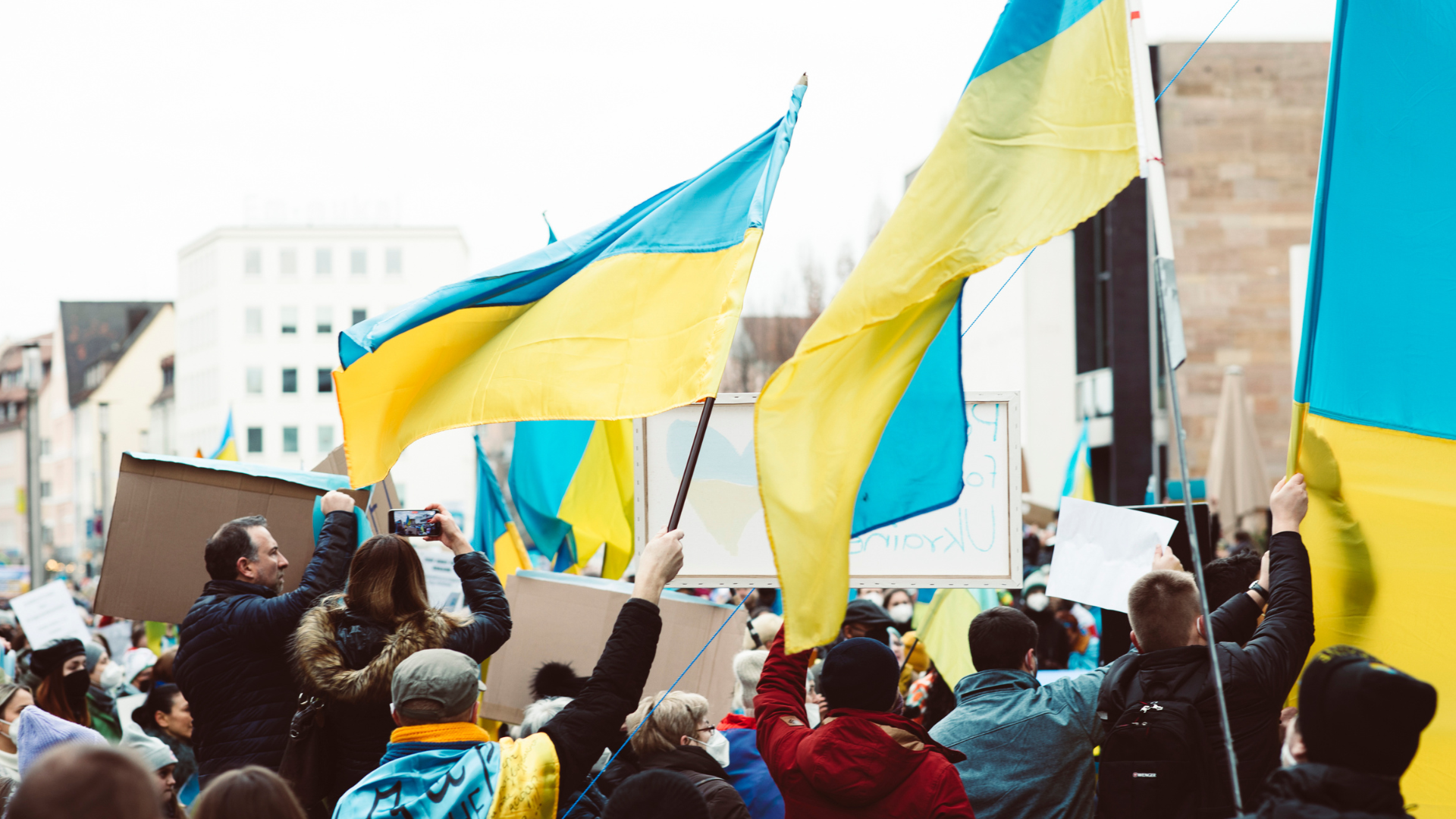
With the invasion of the Russian Federation in Ukraine, we hear more and more that the new digital war has acquired new features, different from the previous ones. To decipher this trend, we need to understand the specific dynamics of the information environment in the context of the war in Ukraine - an almost perfect combination of traditional media and social media which includes numerous networks that go through Twitter, TV, Telegram, TikTok and back.
We are already far from the linear model of communication, when journalists present the news in line with well-established patterns. Today’s world is defined by intense fragmentation and even participation. Information about the war becomes content, and users contribute to its distribution in the global information space through comments and reactions.
This war also brought a great defeat to Russia, this time in the field of information warfare and propaganda - an environment in which they excelled until recently. This is all due to the exceptional mobilization of Ukrainian citizens who broadcast the events in real time. The only alternative to the information war waged by the Kremlin is our surrender to the "fatigue of the war in Ukraine," as we once gave in to the "fatigue of Covid-19."
We live in a time when our attention is extremely overburdened, and the Kremlin is flooding the information space with messages meant to sow enough confusion and doubt. As a result, this leads to some reinterpreting the meaning of the February 24 invasion of a democratic and sovereign state.
In Romania, for example, the Kremlin's chorus of deception is backed by promoters of "neutrality" over the Ukrainian war and false "peace" only to reduce society's support for resistance to the tyranny of the "Russian world." Interestingly enough, these flagship propaganda themes come from an environment of local populists.
In Romania, we have about 65% of the population who use social networks to read news, and the INSCOP poll last summer showed some rather bleak figures: 3 out of 5 Romanians (59.5%) would have voted for a nationalist party, and 64.8% believed that Romania must defend its national interests when they disagree with European Union rules, even if it risks losing its EU membership. However, society's greatest vulnerability to these attacks by native populism is the so-called ecosystem of digital nationalist networks (nationalist content creators) that populate social networks and take full advantage of the slowness of large companies to moderate content. Additionally, we should also add the role played by echo chambers. These are used by digital nationalists (supporters of Russian propaganda) to update and repeat false political slogans, fake news released without being denied by anyone or opinions that the public reads because it shares about the same ideas and concepts about what reality should really look like. All these end up strengthening the public's nationalist beliefs even more. Opinions that turn into beliefs, where contradictory arguments are useless because they are automatically rejected in a rather brutal and vehement way. Unfortunately, the algorithm of social networks encourages and strengthens the echo of these nationalist resonant chambers.
And when the themes of the Kremlin's information war are disguised as a nationalist slogan, gaining legitimacy over time, they become even more dangerous for Eastern European democracies vulnerable to economic crises.
* Nicolae Țîbrigan, researcher at the Romanian Academy.